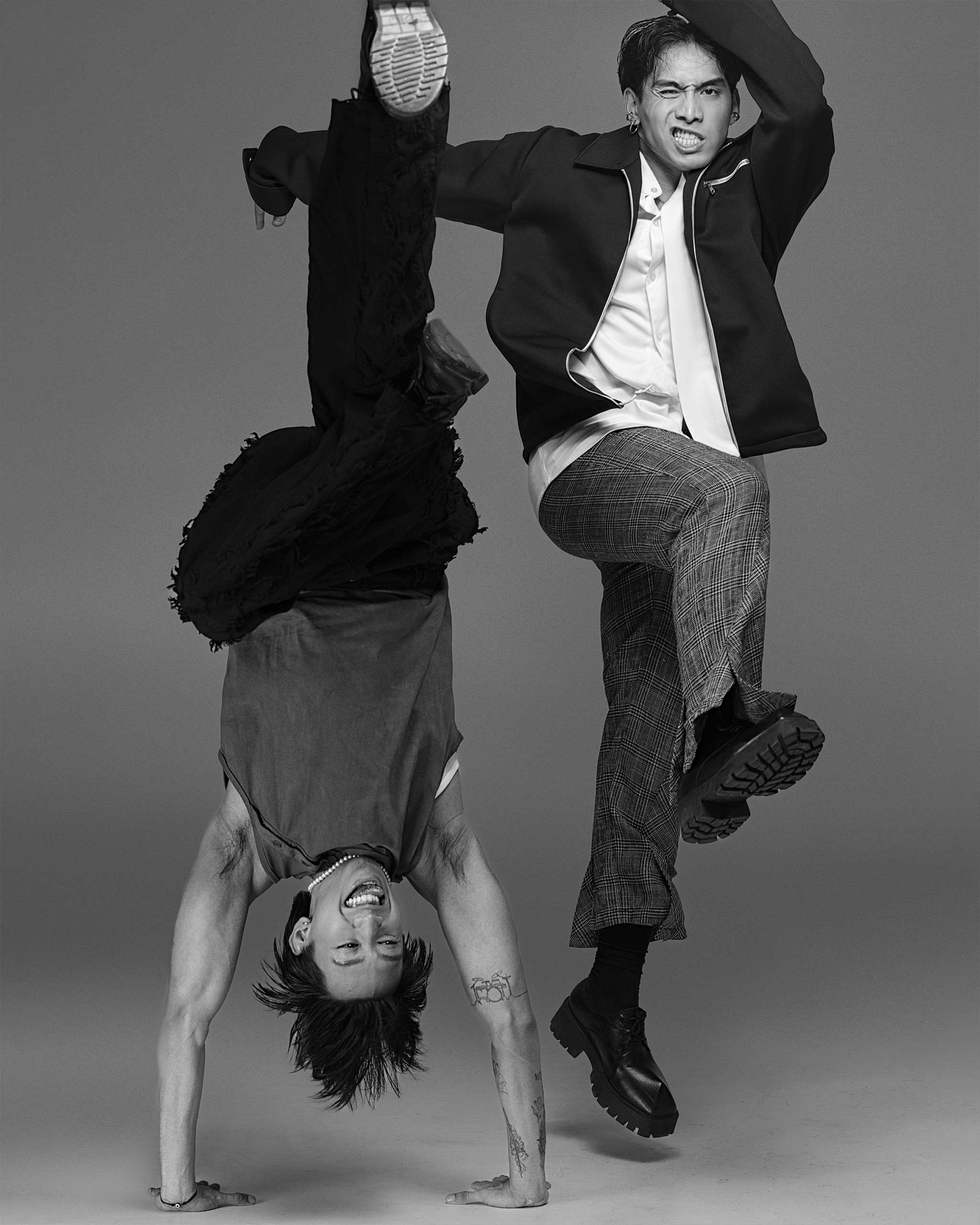From left: Joaquin wears a CONSTRUCTION LAYERS top and trousers. Joshua wears a PRADA jacket and NECESSITY SENSE trousers. Photographed by Jack Marion for the September 2024 Issue of Vogue Man Philippines
With A-Team and Zero Studio, sibling duo MJ and Angelica Arda have created an ecosystem for dance to thrive in the Philippines.
Competitiveness runs in the blood of MJ and Angelica Arda, the sibling dance coach duo who co-founded award-winning dance crew A-Team.
It’s what flowed through their veins back in 2011, when a request from their mother had them assembling a hip-hop dance team for a competition her company was hosting. After winning second place there, they decided to try their luck a year later at Singapore Dance Delight, where they finished third. Three years and more recruits later, that same competitive spirit is what drove the team to place first in the Megacrew Division of the 2014 World Hip Hop Dance Championships hosted by Hip Hop International (HHI).
The win was major not only because they were the first Philippine team to earn that title, but also because it’s what made them see a future in dance. “We were skipping 10 steps every single time,” recalls Angelica of how they seemed to be taking things head on in the early days.
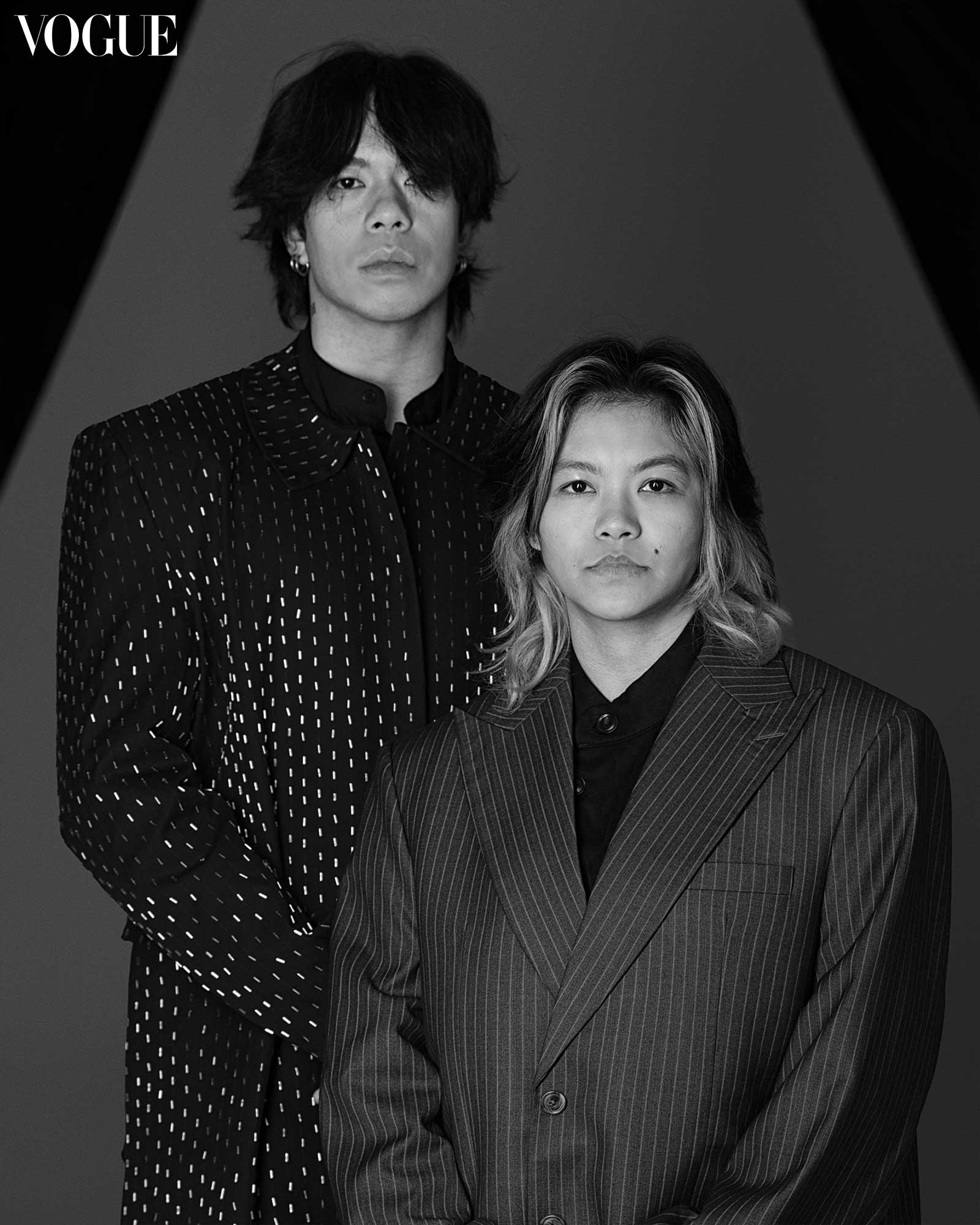
As a power duo in the dance world, both have their own trademarks. Angelica, now with almost 20 years of experience under her belt, is sought after for her coaching and because of her linear style and strong, aggressive delivery as a dancer. Meanwhile, MJ focused more on volleyball as a varsity player in college. He eventually followed his sister’s footsteps and carved his own path as a coach and creative director, even being dubbed “All-Styles MJ” because he’s good at everything, from R&B, to Dance Hall, to Afro.
After the HHI win, it was as if they snapped out of the competition haze. Receiving hundreds of calls from producers and event organizers asking the group that they dubbed A-Team to perform, they took a step back and looked at the bigger picture. “We had to organize ourselves now that there was work coming,” recounts Angelica. As someone who likes to plan steps ahead, she began to ask herself about the “whys” of their participation. “I said, ‘This can’t be the end all and be all of everything.’ We can’t be competing by age 40 with the goal to win all the competitions,” she says.
“For you to be constantly surrounded by people who wanna make it, who are so passionate, you just want everybody to be successful”
Eventually, the Ardas envisioned a future where dance could be a viable career option in the Philippines. Their dream was to create a proper venue for A-Team’s dancers and choreographers to teach and to train; a center that they hoped could earn them enough to sustain the craft and more.
These dreams are slowly being realized. In 2019, they opened Zero Studio in Diliman, Quezon City. Advertised as “a space for all art forms,” the studio offers dance classes for all ages by some of the most talented choreographers in the Philippines, spanning styles that range from K-Pop to House and Dancehall. It’s done so well that they opened another branch in Mandaluyong in July of this year.
“At the very core of A-Team, there’s excellence,” says Angelica. “So every single time we go on stage, we make sure [our choreography is] clean, and we’re always good at what we do, the best at what we do.”
One look at any of the videos on their YouTube channel would show all you’d need to know. The music video advertising their 10th Demo concert showcase was the best example of this, with it having been shot across several locations.

A-Team’s pursuit of excellence finds its roots in the Ardas’ athletic background. Having grown up in a family of athletes, the siblings were subjected to rigorous training and competitions for various sports (basketball and volleyball being the ones they stuck to) that informed the way they coach and train their students today.
The discipline from athletic training is something they’ve incorporated into A-Team’s own training, which some joke can be tougher than the military. MJ says he gets 50 percent of his coaching style from the style of his volleyball coach Vip Isada, while he gets the other 50 percent from his time in UP Streetdance under coach Sergio Dimalanta.
A typical session starts promptly at 6 PM and lasts for four hours with no dinner breaks in between. “That’s one of the best attributes of A-Team,” says MJ. “Your work ethic should be on point, because if not, then I don’t think you will fit in the team because we are people who respect each other’s time.”
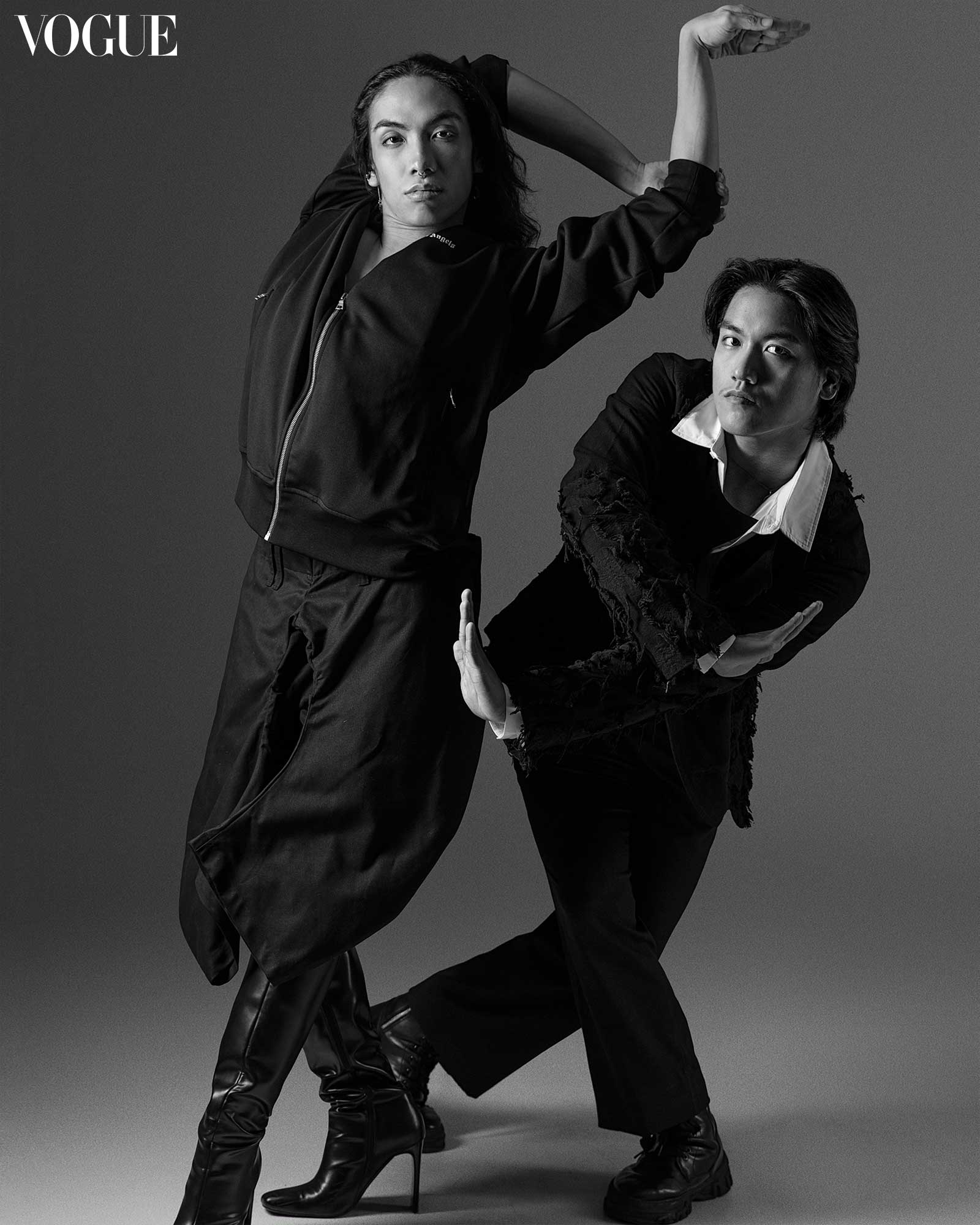
Members are expected to come in for training between two to three times a week. Angelica says that they start with a long warm-up (“usually a lot of groove training, a lot of technique training”), stretching, a pre-workout for things like core work and high intensity conditioning, and then a run through a lot of choreographies, with the type depending on their plans for the year. All this so that they can be as efficient as possible, and so that they’re prepared for anything that could get thrown at them, whether it be an artista concert, a corporate event, or an upcoming competition.
Over the course of their careers, the coaches have seen many succumb to the pressures of the strenuous process. They can tell who will or won’t make it during the open auditions. “At the end of the day, you just need these people to have the same intention as you when it comes to training, but they’re there to actually train and not just pass time,” says Angelica.
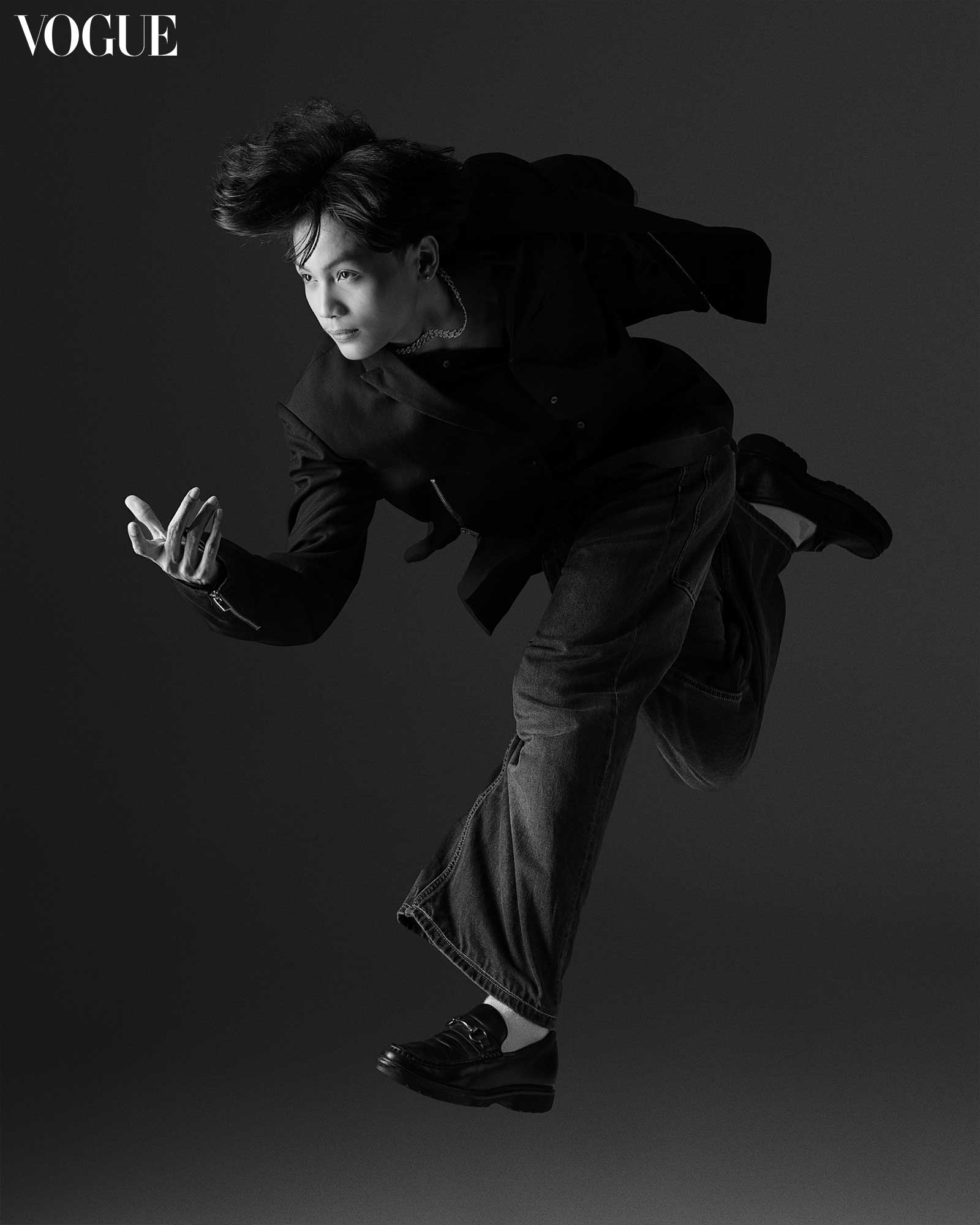
But they’ve also seen some of the students with the weakest mental fortitude blossom into the most confident dancers. Naming A-Team members Jana Mahusay and Edd Vicente, they recall how the two used to easily give up during training. “But now you see them with so much power and so much command,” says MJ. “When they enter the room, people look at them, people want to know them.”
Mahusay and Vicente are just two out of 15 of A-Team’s core members, but the entire studio team now totals to around 80 people including the Junior Varsity Mega Crew, which is also composed of members under 18-years-old. The Ardas say they owe it all to the rest of their team, including the coaches, dance masters, and logistics team, for making A-Team the solid unit that it is today. “We have an entire ecosystem of amazing people, not just in dance, but also outside of dance making this entire team work,” says Angelica.
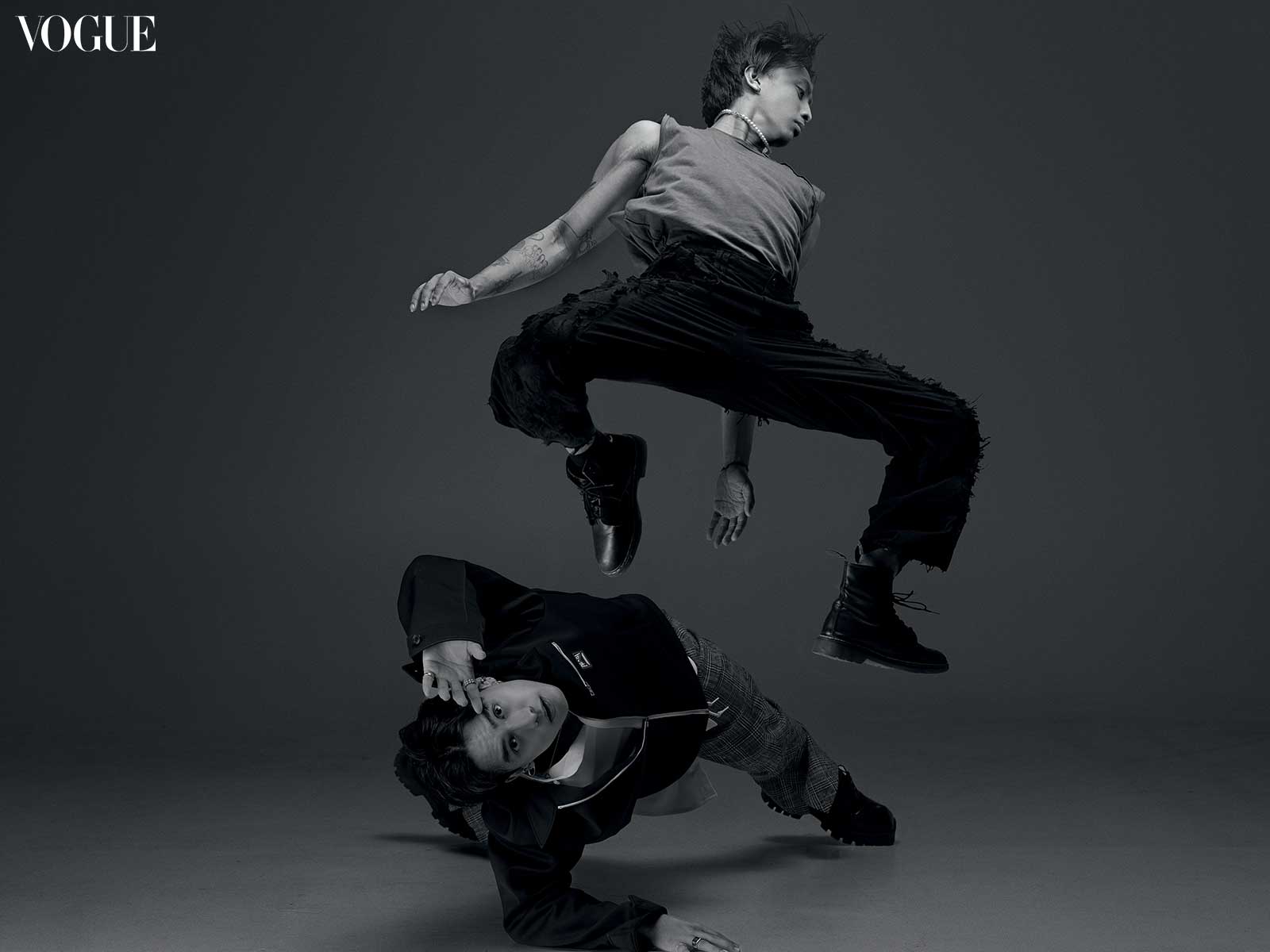
While A-Team still joins competitions, the team’s motivations nowadays are more altruistic.
Watching the members train and perform entails a lot of cheering and yelling to hype each other up. It’s not an A-Team practice without hearing the supportive yells and cheers from others in the studio. “For you to be constantly surrounded by people who want to make it, who are so passionate, you just want everybody to be successful,” says MJ. “You just want everybody to be lifted and recognized.”
The first iteration of A-Team from 2011 was composed of the best dancers from the separate high school teams that the Ardas were coaching at the time. As coaches, the siblings saw early on how dance could be a powerful tool to transform young peoples’ lives and help give them a sense of direction.
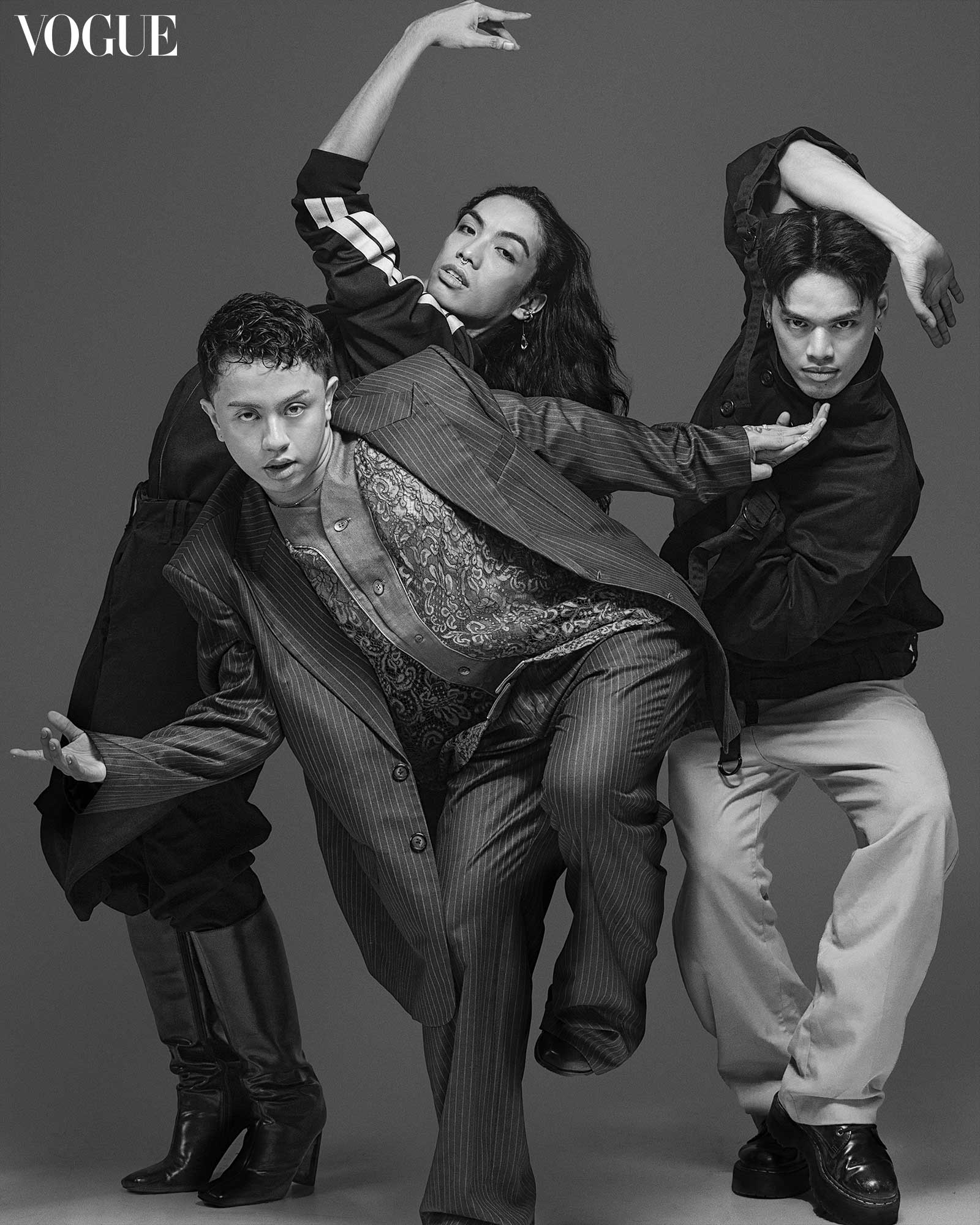
“[Being a coach is] like being a teacher,” says Angelica. “To see different stages of a person’s lives through dance and eventually outside of dance, it’s really crazy to be honest.” She looks back at all the “versions” of A-Team member Dora Dorado, who started training with her when he was just 13. With a smile, Angelica quips, “He’s gonna be a lawyer now!”
“That’s why it was really nice to just grow up with them, learn things with them, and just be better people with them,” adds MJ, highlighting that, more than success, he sees the good in them, good people who will make wise decisions.
